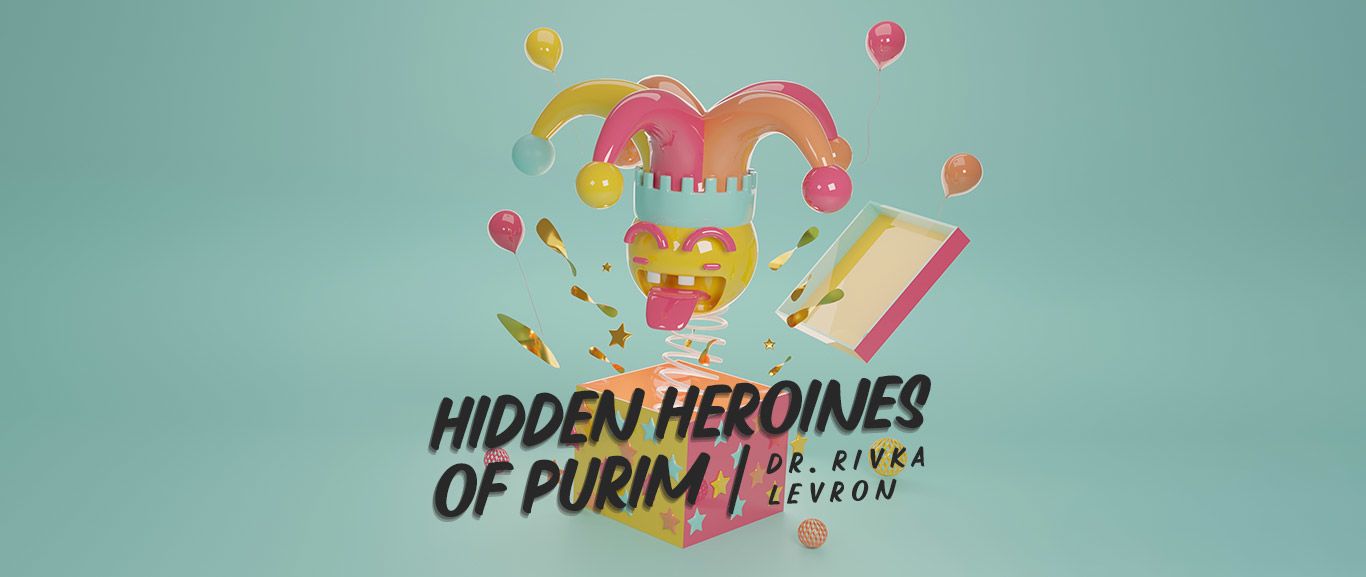
Hidden Heroines of Purim
I used to think that Purim was a holiday of dressing up and getting drunk - a Jewish hybrid between Mardi Gras and Halloween. How embarrassing and inaccurate…

Purim! Did you ever stop to consider how many things are v’nahafochu (turned upside down) on this day?
I used to think, from a distance, that Purim was a holiday of dressing up and getting drunk, the closest thing to a Jewish hybrid between Mardi Gras and Halloween. How embarrassing and inaccurate, that long ago misconception!
According to our recent custom, my husband and I awoke early Purim morning, and after prayer and hearing Megillat Esther, rushed home to don our costumes and pack the car full of mishlochei manot (gifts of food). I had the list of names and addresses of local widows and other families in difficult situations to whom we would deliver them. Of all the mitzvot of Purim, this is my favorite part of the day, bringing joy and encouragement to people who may lack.
At least, that’s what I thought I was doing. But are things really as they seem?
The first family we visited took a while to answer the door. The grandmother, a convert and widow, had 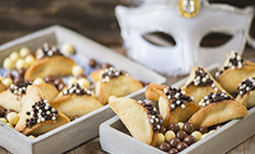 been up most of the night reading Tehillim (Psalms). Taking advantage of the huge time of favor Above that Purim provides to every Jew, she was praying for salvation for all of the Jewish people.
been up most of the night reading Tehillim (Psalms). Taking advantage of the huge time of favor Above that Purim provides to every Jew, she was praying for salvation for all of the Jewish people.
Back in the car, my husband rushed on to the next destination as cars drove by blasting Purim songs. We passed children dressed in every imaginable colorful costume, and then some.
Climbing stairs to a small apartment on the top floor, I knocked and waited and knocked again. Finally, my friend, widowed for many years, came to the door carrying a new grandchild. Her grown son sat on the sofa near the door swaying as he diligently studied Torah. No wonder he didn’t answer the door. From where do these women derive the strength to serve Hashem so discretely, diligently, unpretentiously, to single-handedly raise children with such values?
And she wasn’t the only one. Another stop at a quiet apartment, a lone widow whose 18-year-old son had returned to yeshiva for Purim. Her married daughter was also away and she was alone. But still a table full of mishlochei manot, a home arranged for Purim, and she preparing to attend the special meal with friends.
We drove down another street, under a row of makeshift mannequins strung unceremoniously on a rope between the top floors of buildings on either side – Haman and his ten sons.
The next home we visited was a family with three small children, the wife an orphan and convert, disabled and in a wheelchair. From down the street we heard Purim music wafting from their home, and entered to find a long table neatly set and ready for guests – they invited an older couple and a family with a new baby. Where did they find the time and energy for all that?
Down the stairs in a small apartment was the woman who lost a young daughter some years ago and more recently her husband. She and her two sons were at home, a beautiful table set for the Purim meal and guests (who?). Uplifting music played in this home also. She was in the kitchen, preparing Moroccan pastries for her mishlochei manot. And dressed as a Middle Eastern princess, resplendent in a beautiful burgundy gown with gold trim and matching head cover, bought at the Arab market in Jerusalem – an original outfit. She greeted me with a warm smile and hug. Was she happy? She certainly brought joy to my heart, to see how, despite her inner pain, she did her best to honor the holiday, to give her sons a warm, inviting home. Such an air of purity emanated from the cozy dwelling, so much holiness and desire to please Hashem. I admire her inner strength and courage.
At the end of our route, I was left in admiration of all these unassuming women, quiet heroines of modern Judaism.
And I?
My visits were meant to bring joy to others. In truth, it was the other way around. Along the way, beyond the colorful costumes and commotion on the streets, I discovered the true beauty and purity of this special day, hidden inside the homes and hearts of Jewish women, true daughters of Queen Esther and her self-sacrifice for the Jewish people.
Things are not always as they seem… Especially on Purim.


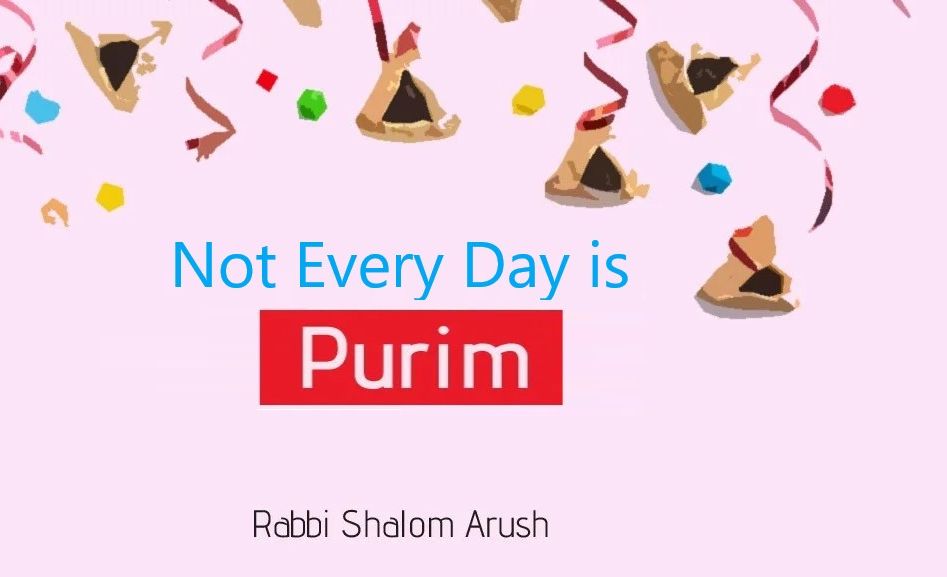
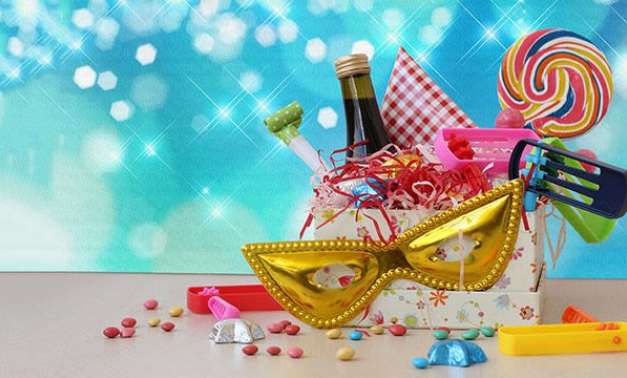
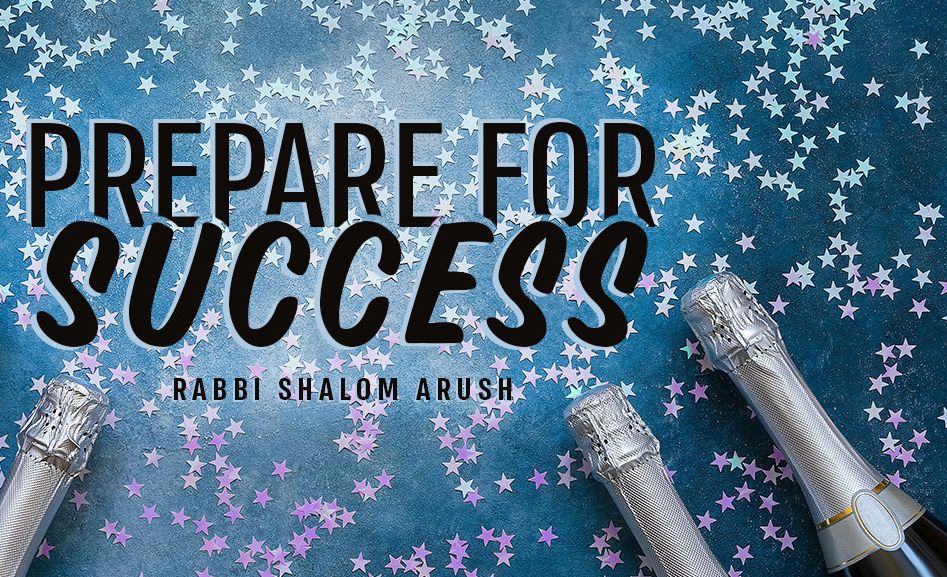
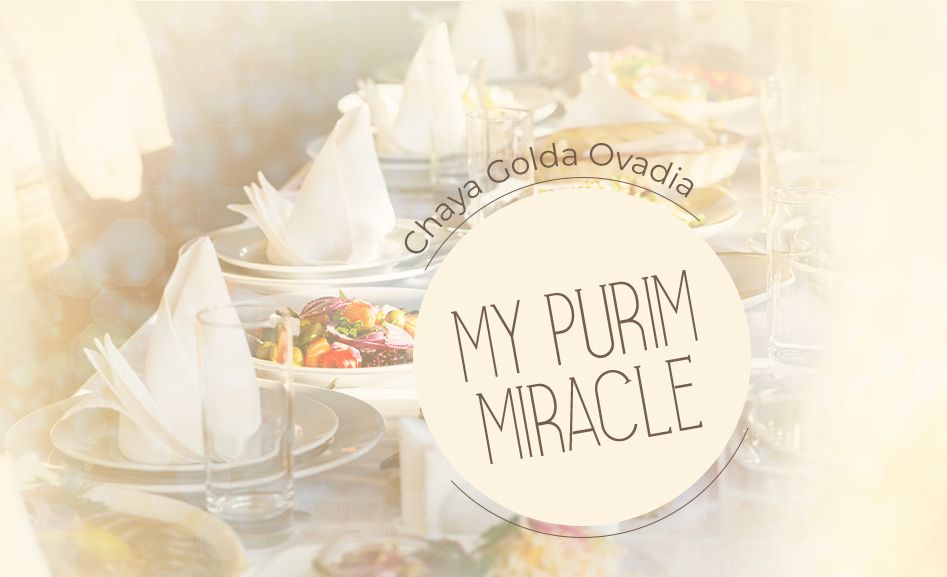
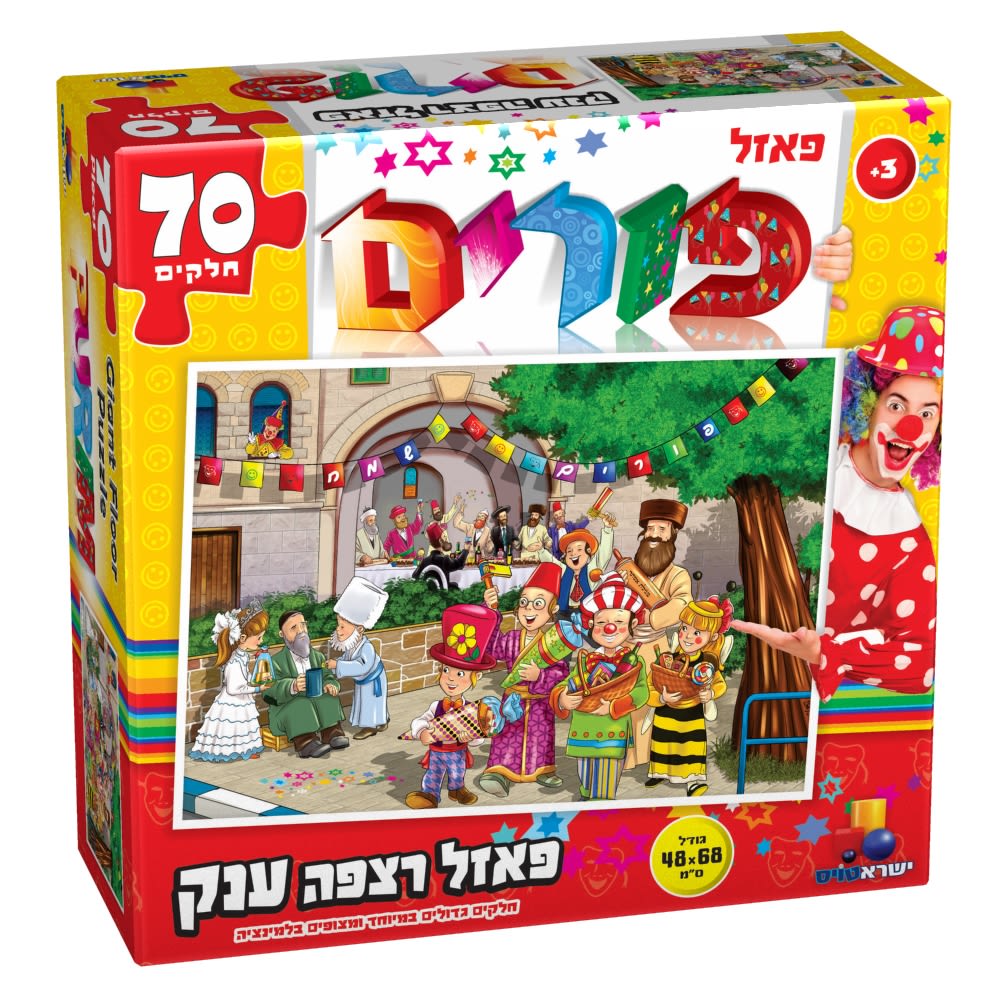
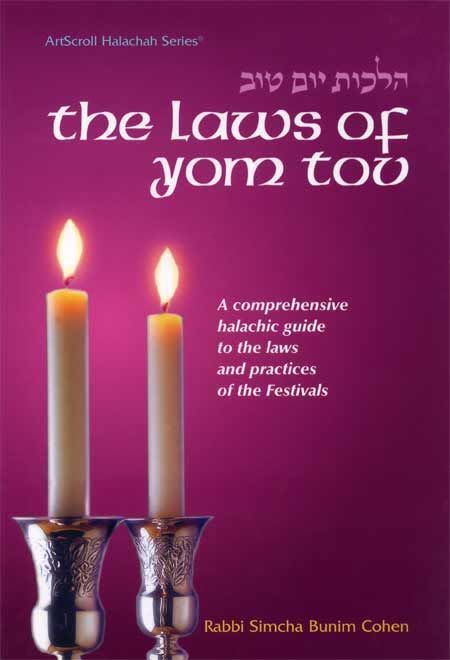
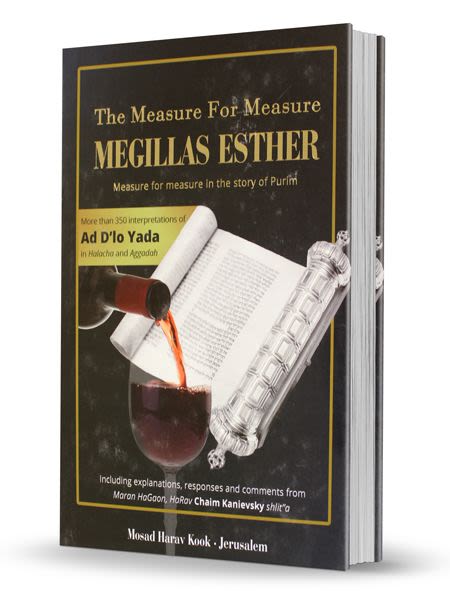
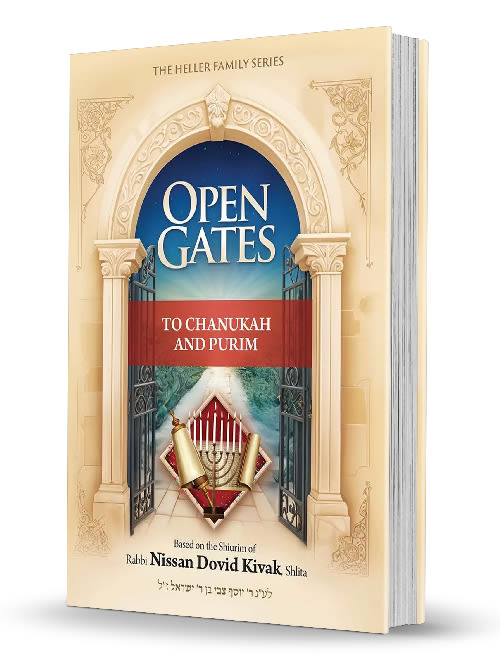
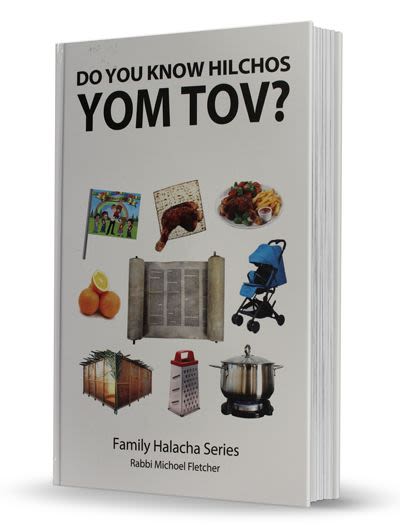
Tell us what you think!
Thank you for your comment!
It will be published after approval by the Editor.